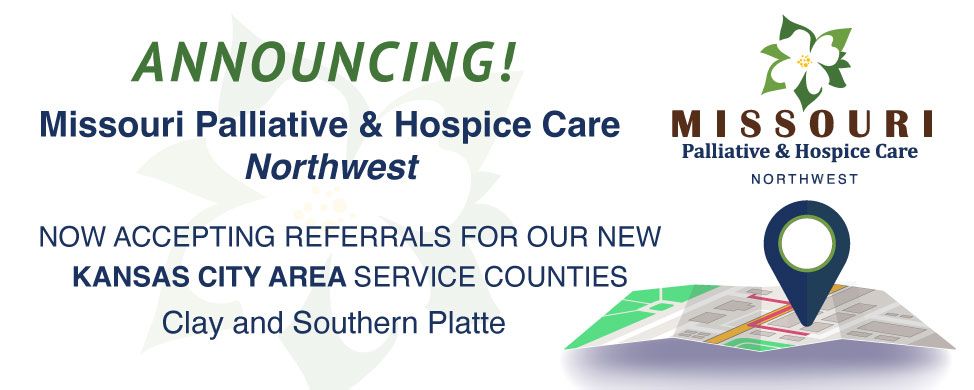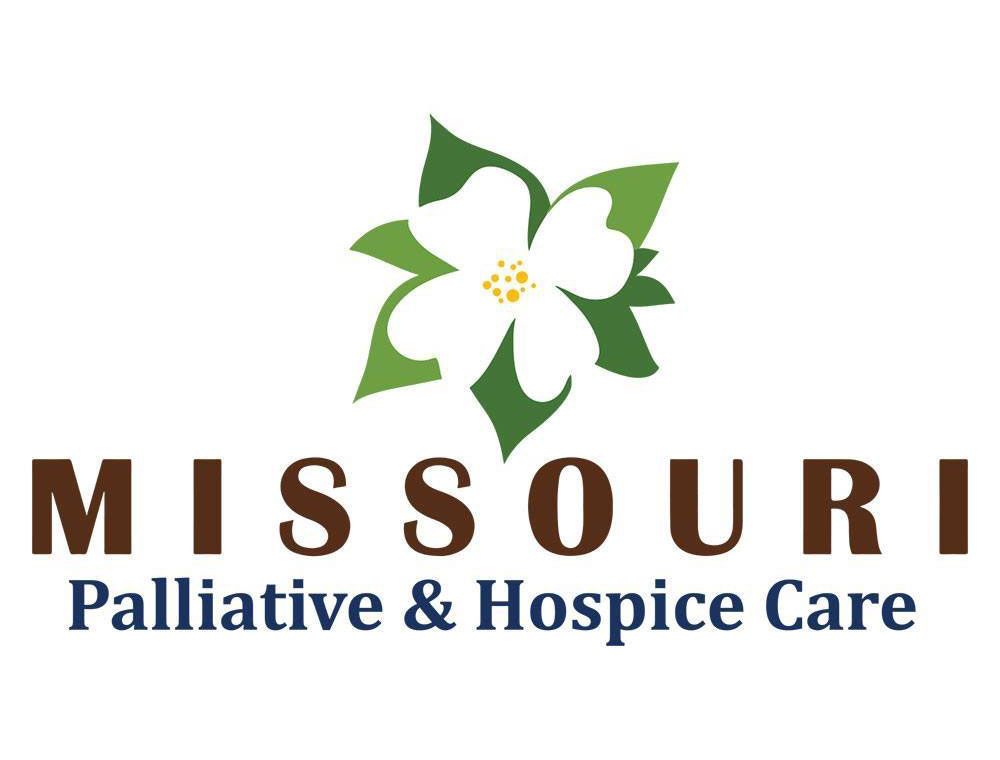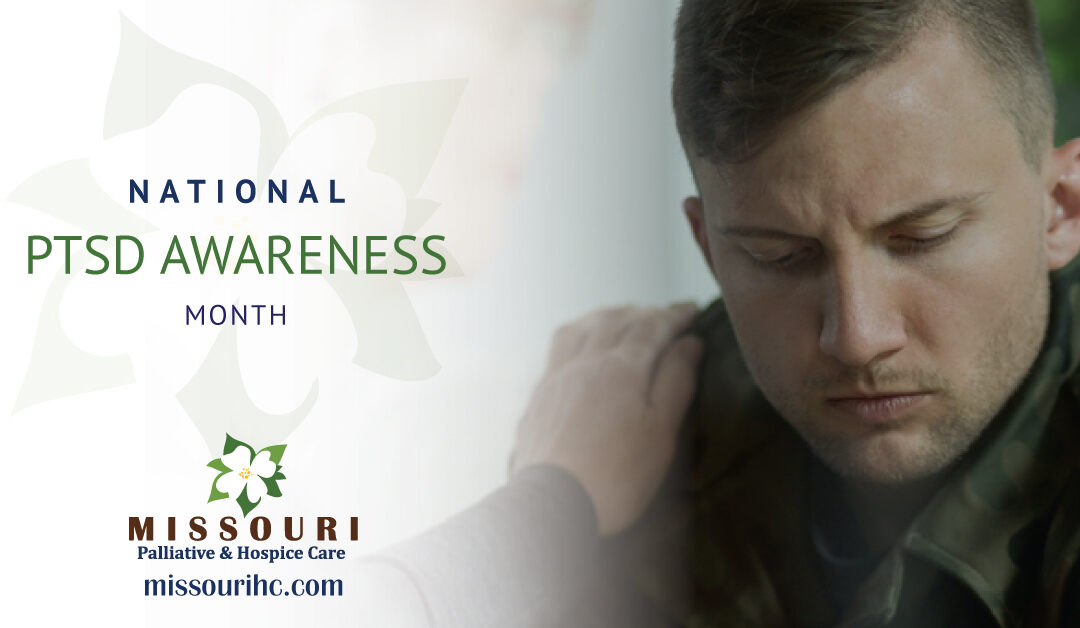June is recognized as National Post-Traumatic Stress Disorder (PTSD) Month. The month is intended to raise awareness about the disorder and issues that come with it, reduce the stigma associated with the condition and help people suffering from PTSD’s invisible wounds receive the treatment they deserve.
What is PTSD?
PTSD is a psychiatric disorder that commonly occurs in people who have experienced or witnessed a traumatic event, including:
- Natural disasters
- Serious accidents
- Terrorist acts
- War/combat
- Rape
- Domestic violence
People with the disorder have intense and disturbing thoughts and feelings that last long after the traumatic event(s) that contribute to PTSD. Some people may relive the event through flashbacks or nightmares. Other symptoms of PTSD include:
- Intrusive thoughts.
- Avoidance symptoms include staying away from people, places, and objects they correlate to their traumatic experience.
- Being easily startled.
- Constantly being on the lookout for danger.
- Difficulty sleeping/not wanting to fall asleep because of nightmares and fears.
- Trouble remembering important details about the traumatic event.
- Feelings of blame and guilt.
- Isolation from children and family members.
- Alcohol and drug abuse.
- Job loss.
Get Involved
There are several ways to get involved this PTSD Awareness Month, such as:
- Take the pledge to raise PTSD Awareness.
- Register for the PTSD Awareness Month Virtual Walk. Or organize a walk in your community.
- Use the VA’s PTSD image as your profile picture on social media.
- Share resources, such as the Veterans Crisis Line.
- Get — and share — critical information on trauma, PTSD, and treatment.
- Retweet one of the VA’s #PTSDAwareness tweets.
Get Help
If you’d like to learn more about how hospice and palliative care can help with end-of-life care for patients with PTSD, please get in touch with us today. PTSD can also lead to new issues, such as drug and alcohol abuse, chronic pain, and painkiller addiction. Our facilities can also help patients and their family members cope and manage these co-occurring conditions.


